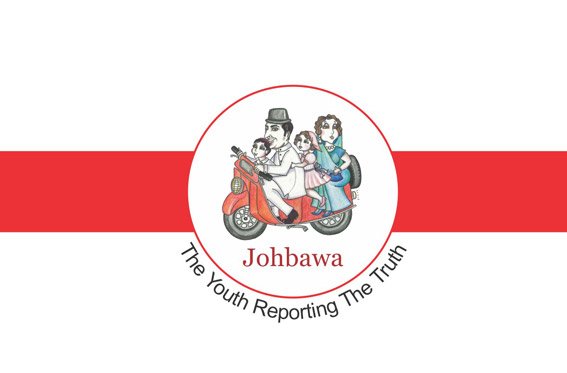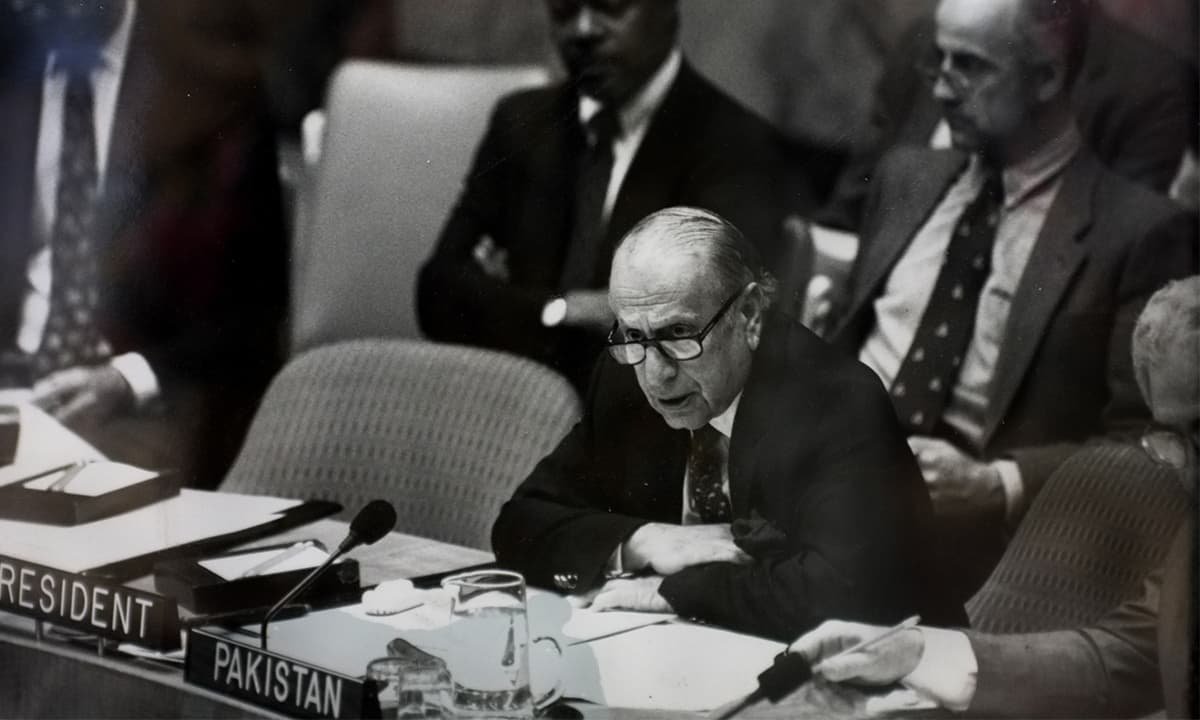A 160-Year-Old Parsi Sweet Shop Is The Longest Surviving Business Of India
It is always an interesting feeling to come across a part of Indian history that has managed to sustain itself through changing regimes, colonisation, independence, and the many, many things that this country has gone through.
So when I came across this Parsi sweet shop, it was amazing to learn of how it had managed to keep itself running for around 160 years now.
In a time, when businesses and startups are starting and closing up in just a couple of years, it is certainly an inspiring example that has managed to still keep it running till date.
So what is this Parsi shop that has managed to be one of the longest surviving business of India?
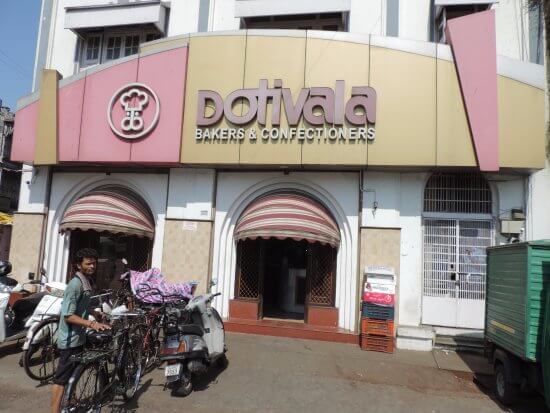
What Is The Dotivala Bakery?
The Dutch came to India some time around the 1600s. Their reign wasn’t really that long either, not when in comparison to the British or Portuguese, but they did leave behind a massive impact on the Indian cultural sheet and cuisine. While they were in India they took up a warehouse on Dutch Road in Surat and started a bakery there.
They employed 5 Parsi bakers to do the job, and when they left, they gave over the bakery to one Mr. Faramji Pestonji Dotivala, the namesake of the much beloved bakery across the city. The Indian Dotivala Bakery was established in 1861, almost 160 years ago.
The Parsi food culture is one big mashup of different traditions and cultures. Their food has hints of Gujarati, Maharashtrian, British and Dutch food.
In fact, their seemingly strange surnames like Cakewala, Confectioner and Paowala and more also originated due to how entwined the community is with the snacks and dessert food group.
The Dotivala Bakery in Surat has taken up the Dutch cuisine and integrated it with their own tradition, creating something truly unique. In its beginning, the Dutch bakery was more geared towards home-sick Dutch people.
But after the Dutch regime came to an end, along with the breads, biscuits and cakes, the bakery also started to create new items for the now Indian customers.
This eventually lead to them creating the rusk-dry Irani khari biscuit, nankhatai biscuit and more such iconic items that are now eaten by people all across the country.
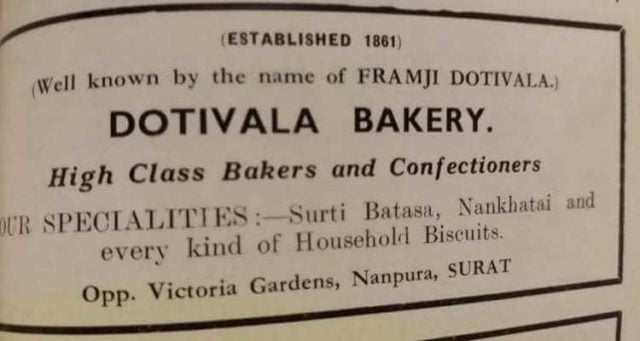
Parsi culinary expert and cookbook author, Niloufer Mavalvala, even recounted how Dotivala initially invented the ‘batasas‘ that are a type of small sized dried bread buns.
In her book, ‘The Art of Parsi Cooking’ she revealed that,
“Once the Brits too lessened in numbers, the popularity of the bakery diminished, and the wasted loaves were soon distributed to the local poor. Having the advantage of being fermented with an ingredient called toddy (palm wine), there was little chance of the bread ever catching fungus, prolonging the life of this staple yet making it harder in texture and more difficult to eat.”
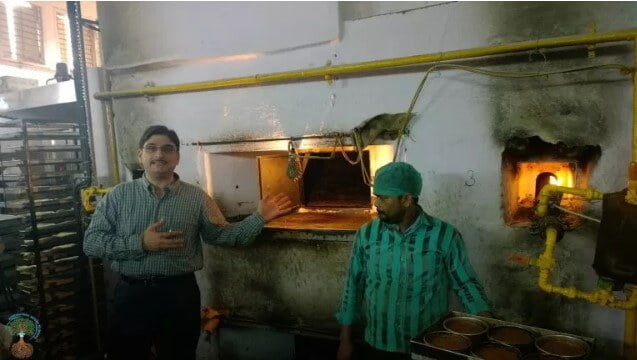
She then revealed how the fact that doctors suggested it to recovering patients as a good food because it was easy to digest while not being either too heavy, oily or spicy was life-saving for the then failing bakery.
This eventually lead an increase in their demand, resulting in Dotivala intentionally making such bread buns, using just three simple ingredients including, toddy, flour and water.
The shop, even after all these decades, is still running with a few other branches also in existence around the city under the leadership of Cyrus Dotivala, Pestonji’s 6th generation descendant.
Imagine a shop has managed to survive almost 2 centuries and 6 generation changes, while still seemingly giving out good food.



